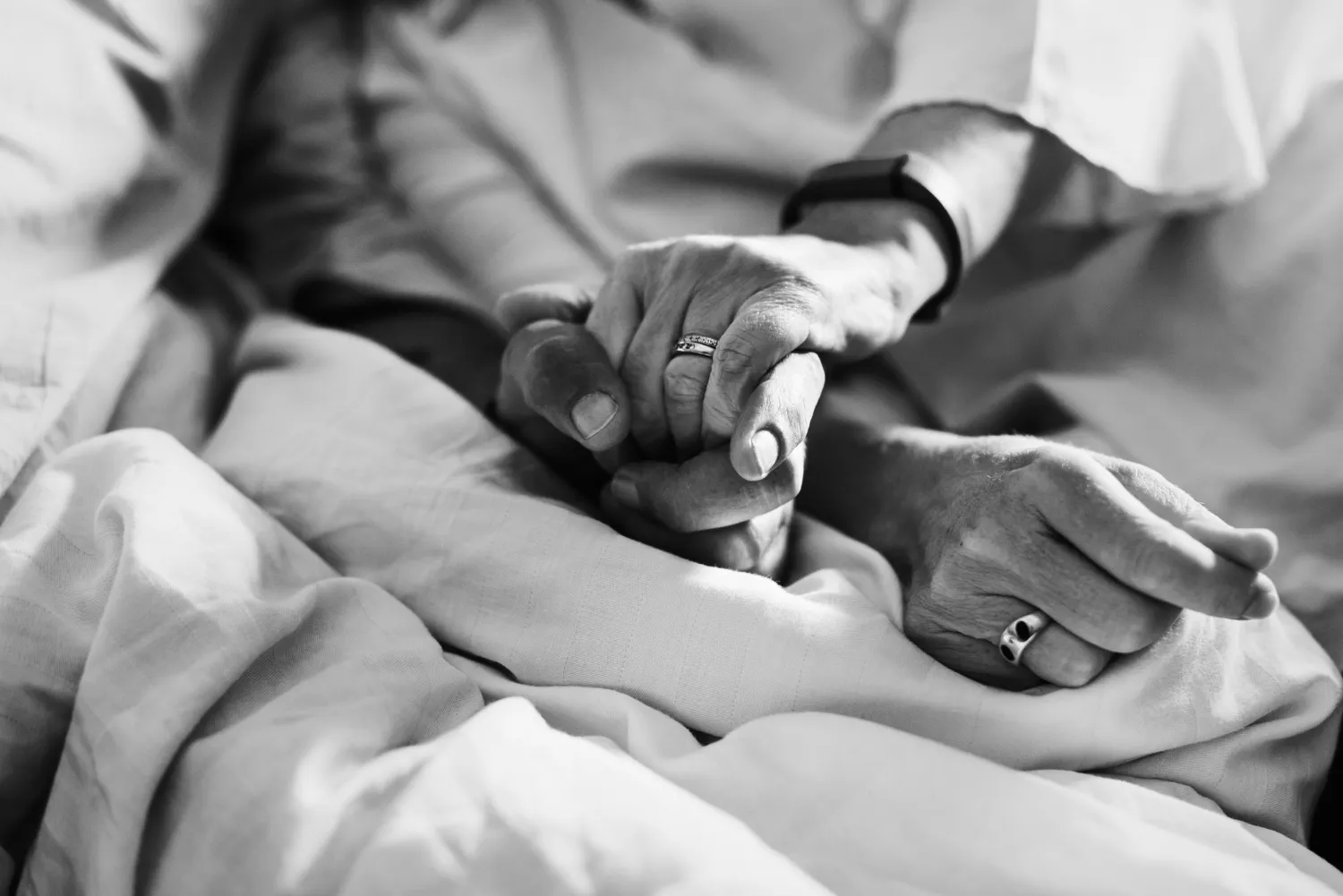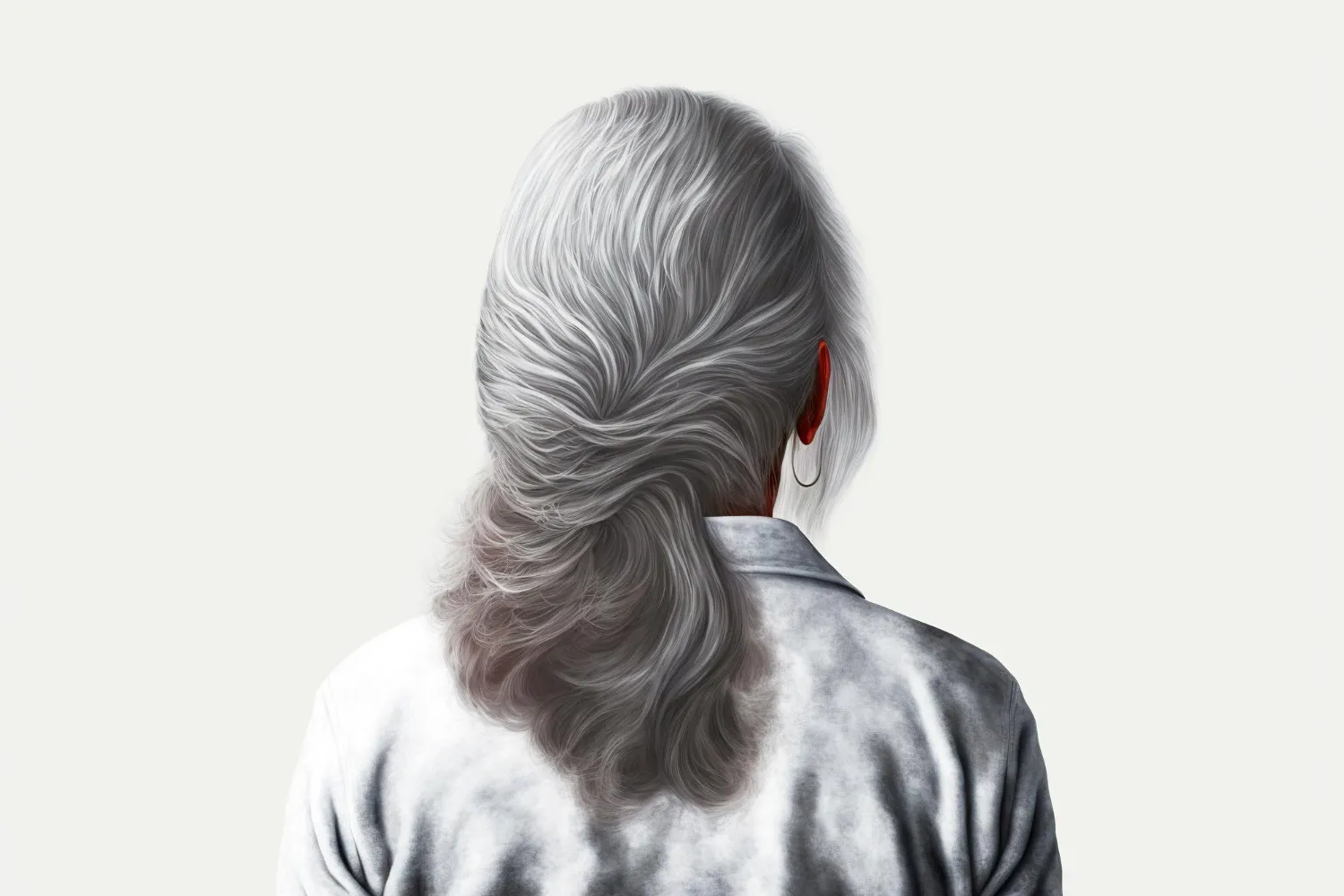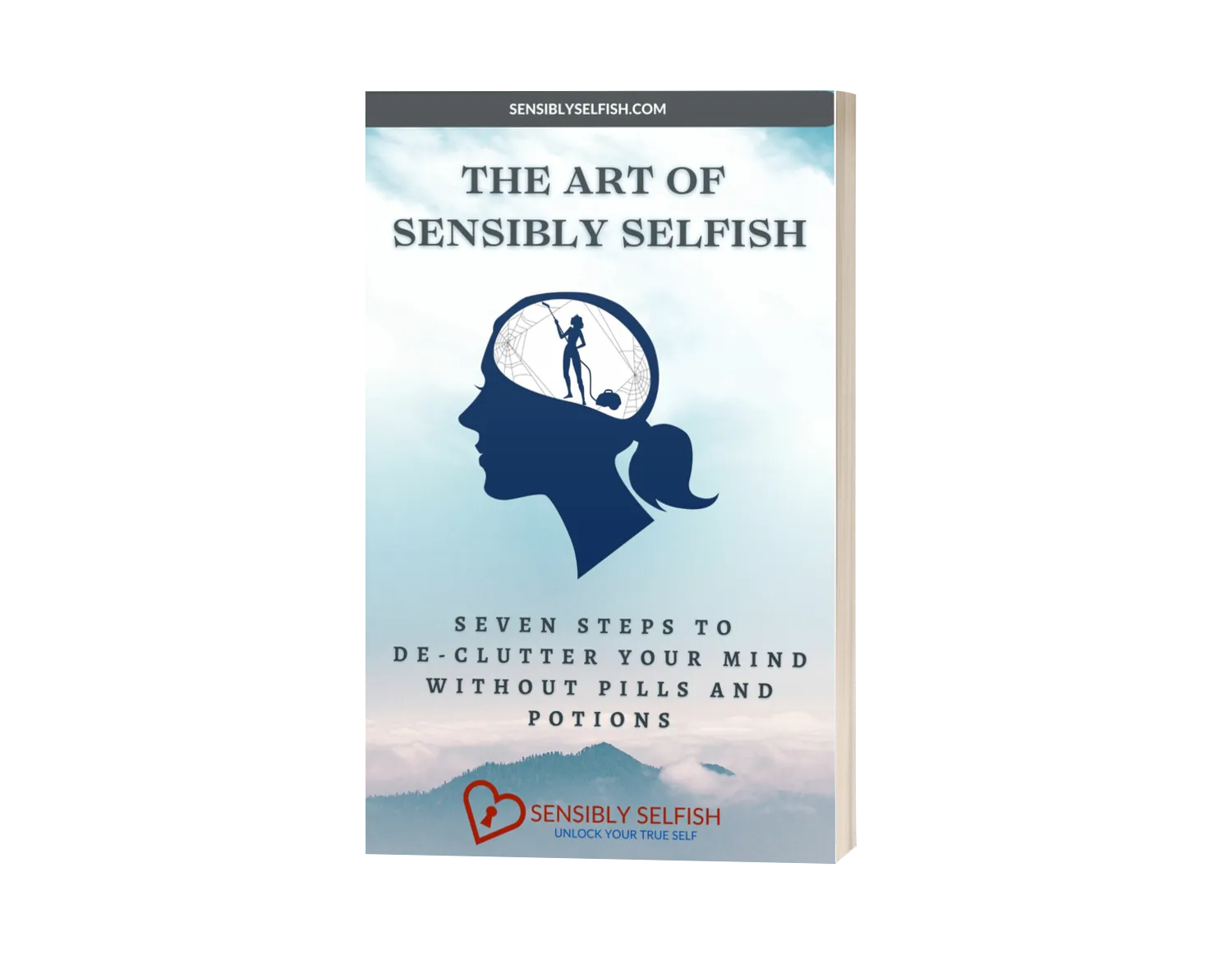Embracing Agency in the Final Chapter
The Paradigm of Death with Dignity

[Toc]
What does it truly mean to die with dignity, and how can we empower individuals to make end-of-life decisions that honor their values and beliefs? How can we foster compassionate conversations about death with dignity, embracing the significance of personal autonomy and the right to choose? Can we strike a balance between respecting individual wishes and safeguarding against potential ethical dilemmas?
Below you will find a general knowledge post about dying with dignity. None of this post constitutes professional medical or legal advice. Please use the post as a guide to seek your own relevant questions and answers that resonate.
Understanding Death with Dignity
Death with dignity encompasses the fundamental idea that individuals have the right to make end-of-life decisions that align with their personal values and beliefs. Rooted in the principles of medical ethics, this concept recognizes that each person should have the autonomy to control the manner and timing of their exit from this world. The evolution of death with dignity as a societal conversation can be traced back to the mid-20th century, with significant advancements occurring in recent years.
One crucial aspect of understanding death with dignity lies in comprehending the legal considerations surrounding the right to die with dignity. Various countries and states have implemented legislation that allows individuals to access medical assistance in dying or physician-assisted suicide under specific circumstances. These laws often include safeguards to ensure that such decisions are voluntary and well-informed, aiming to protect vulnerable individuals while respecting their autonomy.

Empowering Personal Autonomy
Central to the concept of death with dignity is the empowerment of personal autonomy. The right to choose how one faces the end of life is deeply tied to human dignity, allowing individuals to maintain control over their journey. Respecting an individual's values and beliefs during this critical phase offers a sense of agency, enabling them to make choices that reflect their unique life experiences and spiritual beliefs.
However, the conversation around personal autonomy in end-of-life decisions is not without complexities. The challenge lies in balancing the preservation of individual rights with the well-being of others, including family members and healthcare providers. Engaging in compassionate discussions and understanding the multifaceted aspects of personal autonomy is essential to foster a sense of harmony and respect for all involved parties.
Exploring End-of-Life Choices
Several options exist for individuals seeking to exercise their right to die with dignity. Advance healthcare directives and living wills allow people to express their treatment preferences and end-of-life wishes in advance, ensuring that healthcare decisions align with their values when they may be unable to communicate them.
In jurisdictions where it is legal, medical aid in dying (MAID) or physician-assisted suicide (PAS) provides terminally ill patients with the option to receive medical assistance in hastening their death. These practices involve rigorous safeguards to protect against abuse and ensure that the decision is voluntary and well-considered.
In contrast, palliative care and hospice offer alternatives to medically hastened death, focusing on providing comprehensive, compassionate care to individuals with terminal illnesses. These approaches prioritize symptom management, emotional support, and enhancing the quality of life during the end-of-life journey.

The Global Perspective
The concept of death with dignity has gained momentum worldwide, with some countries and states legalizing medical aid in dying and physician-assisted suicide. However, the approach to end-of-life decisions varies significantly across cultures and societies, reflecting diverse attitudes toward death and individual autonomy.
Countries that have adopted laws supporting death with dignity have faced extensive debates and societal discussions. Legalizing medical aid in dying and physician-assisted suicide has provoked ethical, moral, and religious considerations, as different cultural norms intersect with personal beliefs and values.
Ethics and Controversies
As with any complex issue, death with dignity is not without ethical dilemmas and controversies. Advocates argue that honoring an individual's right to make end-of-life decisions aligns with principles of respect for autonomy and compassion. They maintain that allowing people to die on their terms, with dignity and control, can ease suffering and grant them the peace they seek.
However, opponents raise valid concerns related to potential abuses, especially in vulnerable populations, and the slippery slope toward the devaluation of life. They assert that medical aid in dying or physician-assisted suicide may compromise the ethical foundation of medicine and the duty to preserve life.
Personal Stories and Testimonials
Real-life accounts of individuals who have chosen death with dignity offer valuable insights into the human experience at the end of life. Their stories showcase the deeply personal and emotional aspects of this journey, highlighting the complexities of the decision-making process.

Carol’s Story
“There is nothing worse than seeing your loved one die under any circumstance. My mother had a stroke four years prior to her seizure which left her brain dead yet still alive. The hospital gave us the family two choices; keep her in the hospital where they would undertake a nill-by-mouth policy and watch over her or take her home to die.
The emotional weight to make a decision fell upon the family. We received little empathy and compassion, sensitivity and understanding but rather impatience from tired, overworked staff with little time. My father chose to keep her in the hospital. It took ten days.
Everyone's hands were tied due to the policies created to safeguard against people like Harold Shipman, (Jan 1946 - Jan 2004), a General Practitioner who was estimated to have killed over 250 victims.
It was a surreal time. How could we not assist my mother’s body to die yet I could walk into the vets and put my pet down under the same circumstances? When I look back over that experience, even after ten years, I want to make sure my children do not have to watch me die in such a way.”
Advocacy and Future Prospects
The concept of death with dignity has spurred the creation of organizations and advocacy efforts that aim to advance end-of-life care and support the rights of individuals to make autonomous decisions. These organizations play a crucial role in shaping public opinion and legislative changes related to death with dignity.

Thoughts For You
If you or someone you know is contemplating end-of-life decisions, it is important to seek guidance from qualified healthcare professionals, legal advisors, and counselors who can provide personalized support and information. Individuals who wish to explore end-of-life options may consider the following steps:
Research and Understand the Laws: Familiarize yourself with the laws and regulations regarding end-of-life choices in your country or state. Laws may vary significantly, and it's essential to know what options are legally available.
Discuss with Loved Ones: Engage in open and compassionate conversations with family members or close friends about your thoughts and feelings regarding end-of-life decisions. Their support and understanding can be invaluable during this process.
Consult a Healthcare Professional: Talk to your primary healthcare provider or a specialist, such as a palliative care physician, about your medical condition, prognosis, and available options. They can provide insights into potential treatments and supportive care options.
Create Advance Directives: Consider creating advanced healthcare directives, including living wills and durable power of attorney for healthcare. These documents allow you to outline your medical preferences and appoint a trusted person to make decisions on your behalf if you become unable to do so.
Seek Psychological Support: The emotional aspect of end-of-life decisions can be overwhelming. Consider seeking emotional support from a mental health professional or counselor to process your feelings and thoughts during this challenging time.
Explore Palliative Care and Hospice: If you have a life-limiting illness, palliative care, and hospice services can provide comprehensive support, pain management, and emotional care, focusing on enhancing the quality of life.
Know Your Options: If medical aid in dying or physician-assisted suicide is legal in your jurisdiction and meets specific criteria, discuss these options with your healthcare provider and consider seeking a second opinion.
Consider Legal and Financial Matters: Consult with legal advisors to ensure that your end-of-life decisions align with your estate planning, wills, and other legal matters. It's essential to have all necessary legal documentation in place.
Review and Reassess: As your health or circumstances may change over time, regularly review your decisions and documents to ensure they reflect your current wishes.
Lean on Supportive Resources: Various organizations and support groups focus on end-of-life care and choices. Seek information and support from reputable sources to understand your options better.
Remember, these steps are general considerations and may not apply to every individual's unique situation. Decisions regarding end-of-life care and choices are deeply personal and should be made based on informed discussions with healthcare professionals and with the support of loved ones.

Compassionate Conversations
Navigating ethical complexities requires compassion and an empathetic understanding of the diverse perspectives surrounding death with dignity. Engaging in open and respectful dialogue allows society to grapple with these dilemmas, fostering a compassionate and informed approach to end-of-life decisions.
Looking to the future, ongoing compassionate conversations and engagement with various stakeholders will be essential in addressing the evolving landscape of end-of-life decisions. Emphasizing the importance of comprehensive palliative care and hospice services, alongside the legalization of medical aid in dying and physician-assisted suicide, can facilitate a more balanced and compassionate approach to end-of-life care.
[contact]
Recommended Posts
Understanding End Of Life Planning









